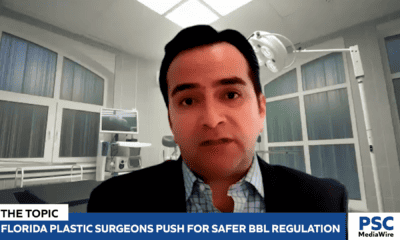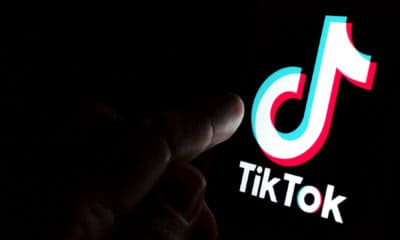Along with almost every other realm, plastic surgery has found it’s way into mobile app games. Maybe your child has one of these ‘games’ on his or her smart phone right now, but don’t feel badly if you weren’t aware. The cosmetic surgery apps are brightly colored, cartoonish and easily disguised as a typical game meant to catch the eye and demand attention.
While it may seem benign, some wonder if playing plastic surgeon as a child on a game is healthy for the budding mind and self-esteem. Board certified plastic surgeons Dr. Richard J. Restifo of Connecticut and Dr. Dustin Reid of Austin share their thoughts on whether are not such things are wise, or if concern is simply blown out of proportion.
Not Exactly Child’s Play
Imagine this game scenario for a moment: a princess in distress because she doesn’t look how a princess should look. She needs to then alter her face, body, and clothing in order to achieve maximum princess. That’s the basis for one of the mobile plastic surgery apps, allowing the user to take control of turning an “ugly” princess into a true (beautiful) one. Users are asked to help the princess get rid of her ‘ugly lips’ and so on.

The princess plastic surgery app is one of many available for download on Apple, Google and Amazon. The games aren’t among the most popular, but still they have an impact and are thus drawing scrutiny from parents. Even some in the industry condemn the idea because they think the games mock medical procedures and create unattainable ideals about perfection.
“Body image is such a precarious thing in a child,” shares Dr. Restifo, himself the father of 6. Restifo believes that plastic surgery is serious business and shouldn’t be made into a game, especially for pre-teens on the cusp of juggling with self-esteem issues. “A child who hasn’t gone through puberty or other physical changes just shouldn’t be exposed to this,” he explains. “To have them playing games where they are morphing their own body or that of others is a bad idea.”
Raising Awareness
Several of the apps have come under fire by advocates who oppose the content. More than 100,000 people in the United States reportedly signed a petition by Endangered Bodies, a group that promotes positive self-image and wants to see the apps removed or made less available to children. There may be hundreds of these apps across the platforms of varying popularity, all vying to be the edgiest, or most fun, to capture even more of a user base.
Setting new rules to govern this small niche could be difficult and potentially not worth the hassle, shares Dr. Reid. “It’s a game. They know it’s a game!” He says for most kids it’s but an escape, just like other games online. “They don’t really think they are fixing a person on the other end.”

Designers of the apps have attempted to soften criticism by arguing that girls and boys who play the plastic surgery games may actually learn something about anatomy. Some of the images are “graphic,” but so are other video games where make believe is required, according to Reid. “They know that’s not reality,” he says. “It’s just a game.”
What’s Next
So long as smartphones exist, game app companies won’t stop working to develop the next addicting game to grow a user base for advertisement dollars. While some may claim they’re doing the world a favor or teaching kids via their games, ultimately, if the game is free, then advertising dollars are the prize. To achieve that, the user base must be large, and playing into everyone’s nit picky sensitivities is not a good business model. For plastic surgeons, the existence or elimination of cartoonish smart phones games is more or less irrelevant on their field and how people view it. For the sake of the kids, if parents are concerned, they can simply not allow their child to play those games. With the plethora of other options, it’s not like children will go into a tailspin because they can’t play one princess cosmetic surgery game!

















Facebook
Twitter
Instagram
YouTube
RSS